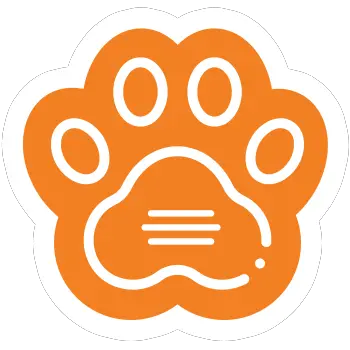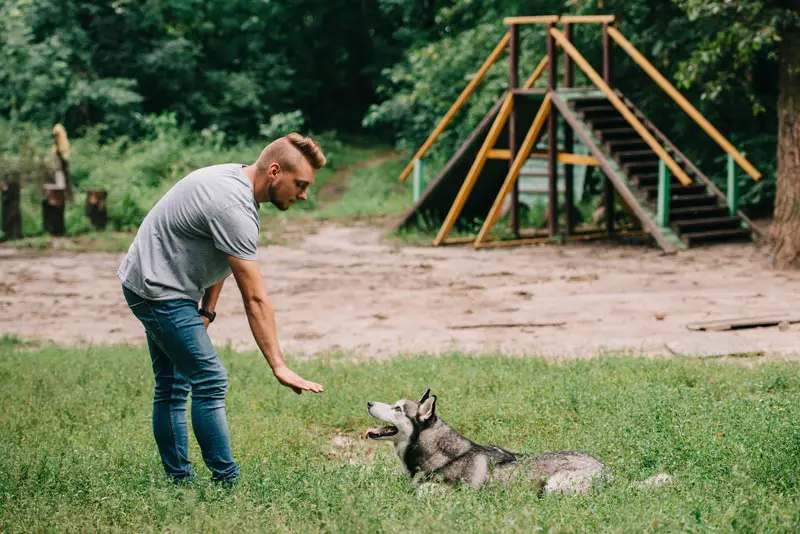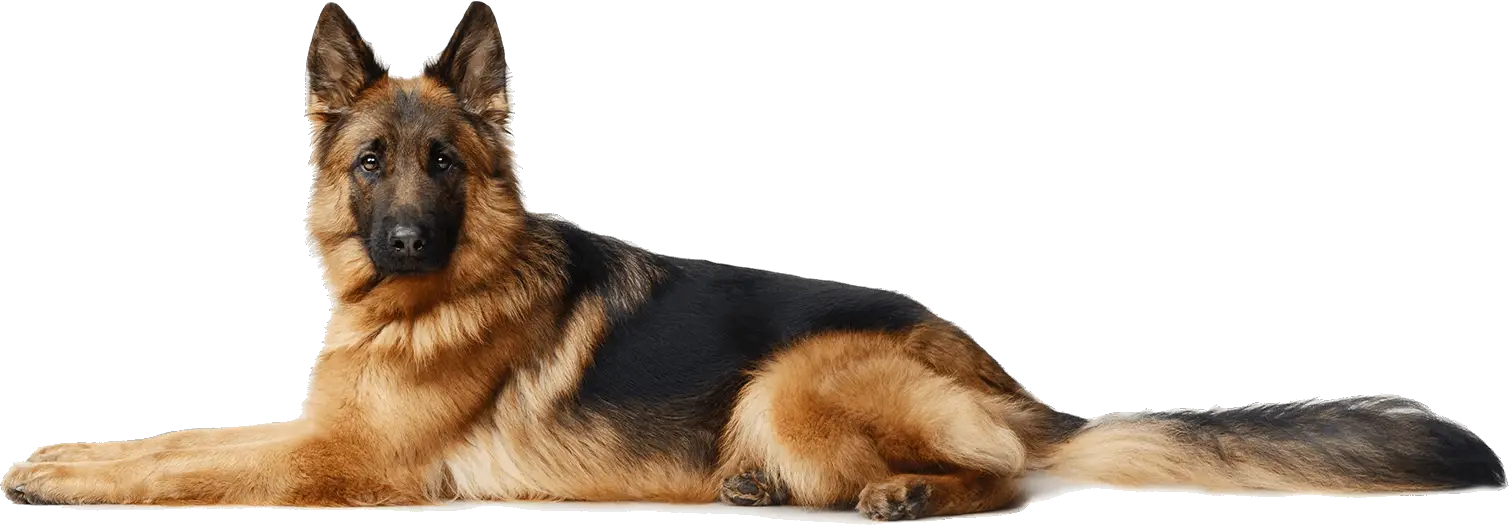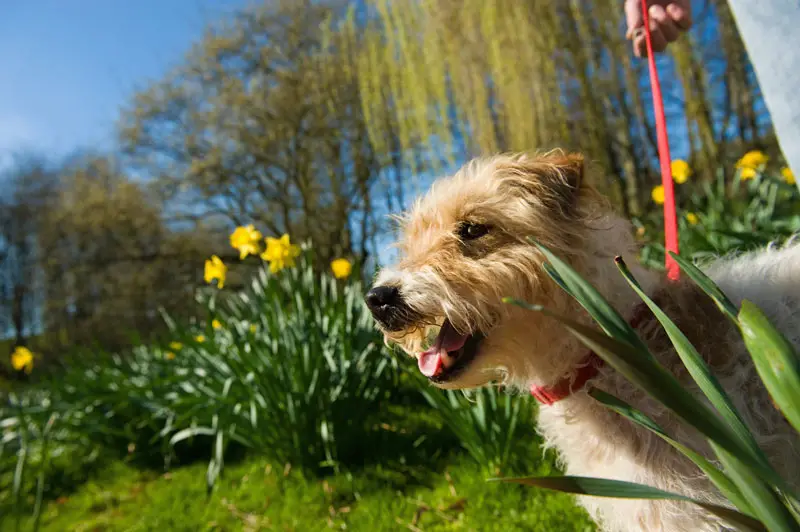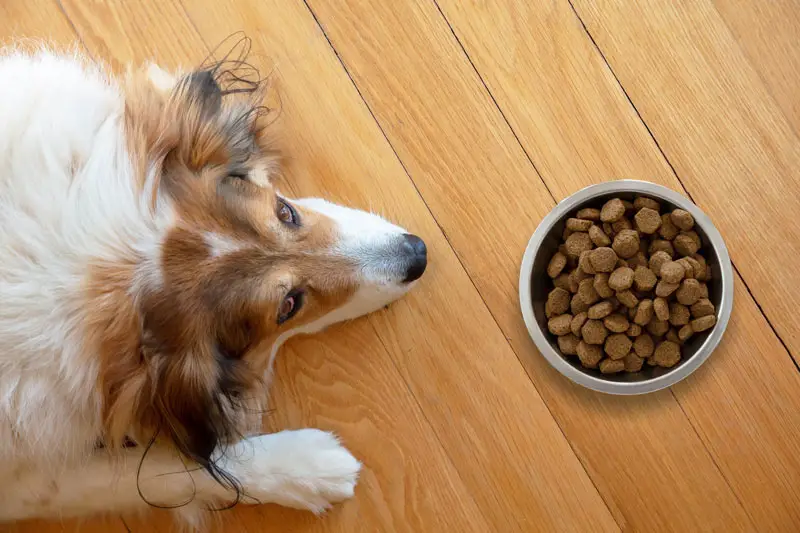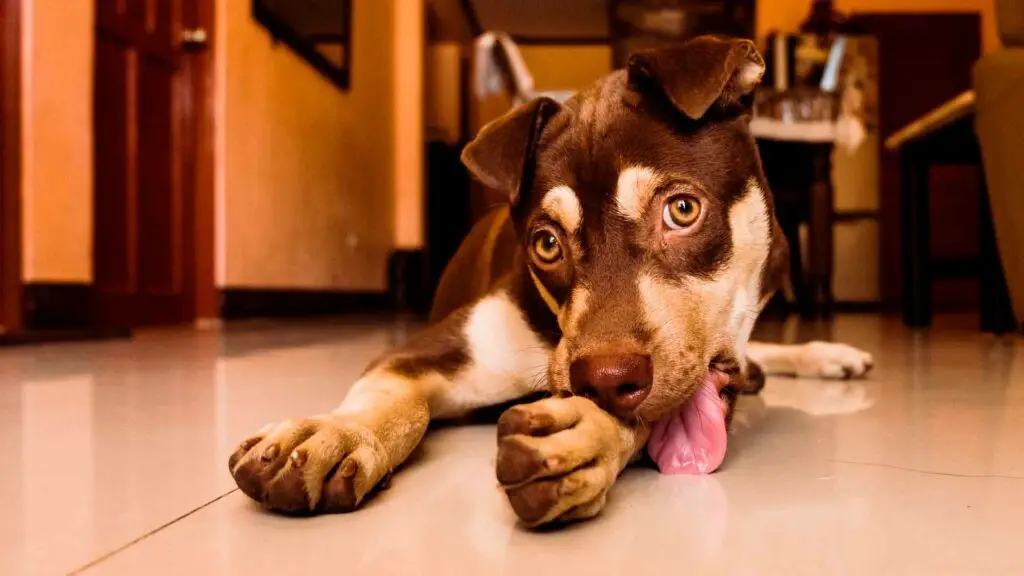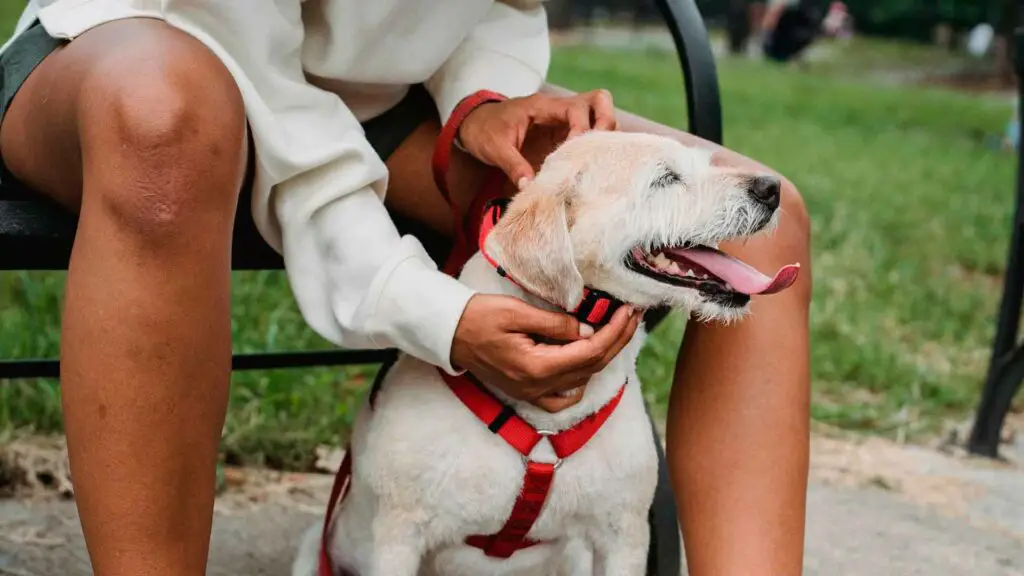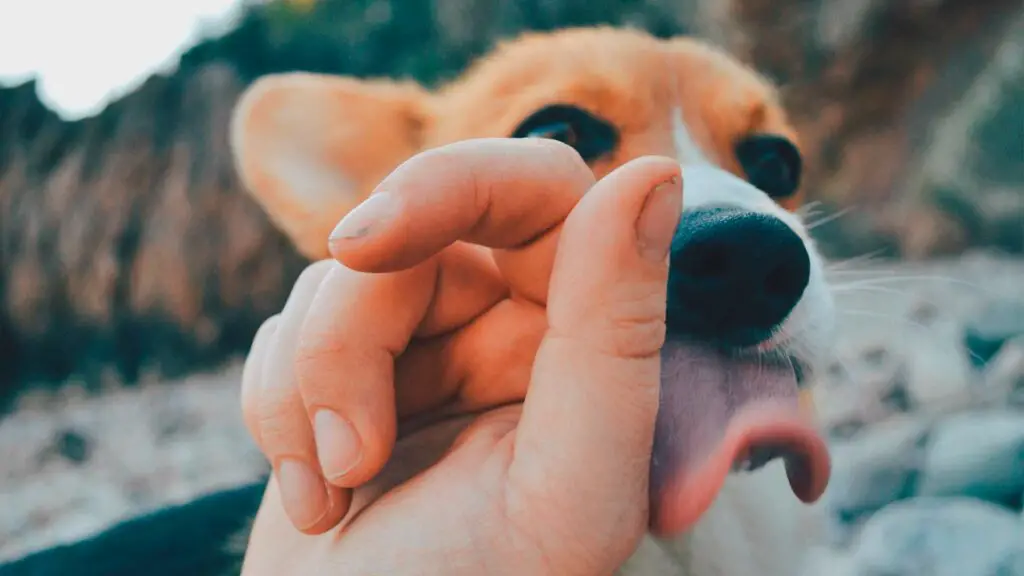Measures To Control Your Dog’s Leaf-Eating Habit
Follow these tried and tested control measures to keep your dog away from munching on those leaves.
Focus On Providing A Balanced Diet
Your dog may probably have insufficient fiber intake in their current diet plan. This is one of the commonly seen reasons behind the eating of leaves by canines.
You can supplement their current diet by adding high-fiber dog food items like veggies. These can include cooked broccoli, raw carrots, and other greens. The benefit of feeding them these veggies is that the fiber content is drastically improved without affecting the calorie levels.
Physical And Cognitive Training Regimen
Depending on your dog’s breed, they will require a particular amount of physical exercise like outdoor training, walks/jogs, sports, etc. For instance, highly energetic breeds like Rottweiler, Doberman Pinscher, German Shepherd need greater workout levels.
If they do not receive the physical stimulation in abundance, they will utilize this unspent energy for unwanted behaviors like eating leaves.
You can also keep them mentally occupied by engaging them in dog puzzles and indoor games. This is another smart way to keep them away from the leaves and your lawn.
Chew Treats For Distraction
If this leaf consumption is now a habitual activity for your canine, you can try a distraction strategy by giving them an alternative item to chew on. For instance, a chew toy or a nice juice bone can keep them hooked for hours.
You can also provide them chewable treats like beef sticks that provide an added advantage of improving dental health. Intestinal issues can also be kept at bay.
Obedience Training
The best and most recommended remedial strategy towards alleviating unwanted behavior in dogs is via a strong obedience training course. Feel free to consult a seasoned dog trainer or a pet training institute to receive a personalized training regimen for your dog.
Upon following the training plan, your dog will eventually obey your orders that prevent them from eating more leaves. You can train for commands such as, “Leave it!”, “Stop eating!”, “Get back!” etc.

